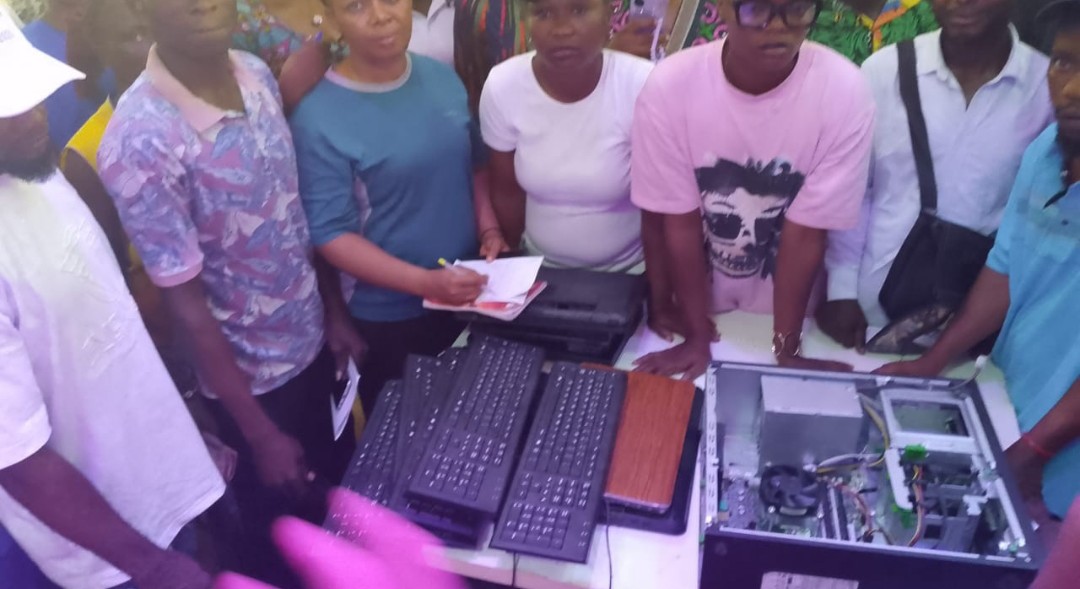By: Eugene Upah
The Senate screening of Professor Joash Amupitan, nominee for INEC Chairman today was quite revealing. The quartet of Abdul Ningi, Orji Uzor Kalu, Isa Misau and Seriake Dickson thoroughly grilled him. Simon Lalong who chairs the Committee on INEC appeared to dance around the issue in an attempt to shield him, but was quickly curtailed by the Senate President who called him to order and demanded a more serious approach.
While being questioned, the nominee delivered an average, and often poor performance.
The most interesting question came from Enugu West Senator, Osita Ngwu, who asked the nominee what decisive measures he would take to eradicate the issue of ‘inconclusive’ results; a persistent stain on previous chairmen. I watched as the nominee struggled to provide adequate answers to these important questions.
The senators focused on the multiple operational challenges facing the Commission, demanding plans to seamlessly migrate the INEC IReV portal to ensure real-time transmission of results immediately after voting.
The intensity of the grilling was clear when the questions became too many for the Senate President to pick, as almost every senator’s hand ✋ was up, eager to ask the nominee as many questions as time permitted.
Frankly speaking, the Senate demonstrated a level of determination during this screening that I have not seen in a while.
I am not entirely surprised by the nominee’s difficulty. The man has spent the bulk of his career in academia and has never served in any capacity within the Commission or a related agency.
In my opinion, anyone appointed to Chair a highly sensitive commission like INEC should have at the very least, served as a State Resident Electoral Commissioner (REC) or in a similar operational role within the Commission. You cannot ask a man who has never served at any level of INEC highly technical, operational questions and reasonably expect him to do instant magic. True electoral reform must begin with reforming the criteria for appointments to the Commission.





